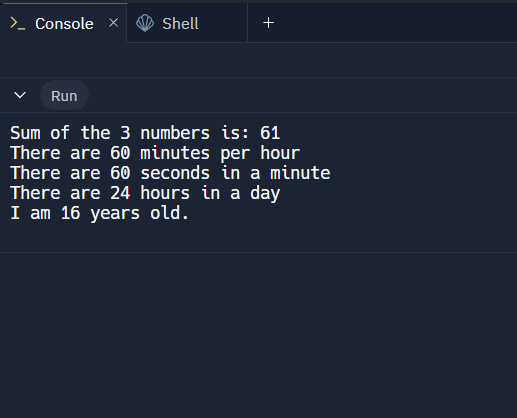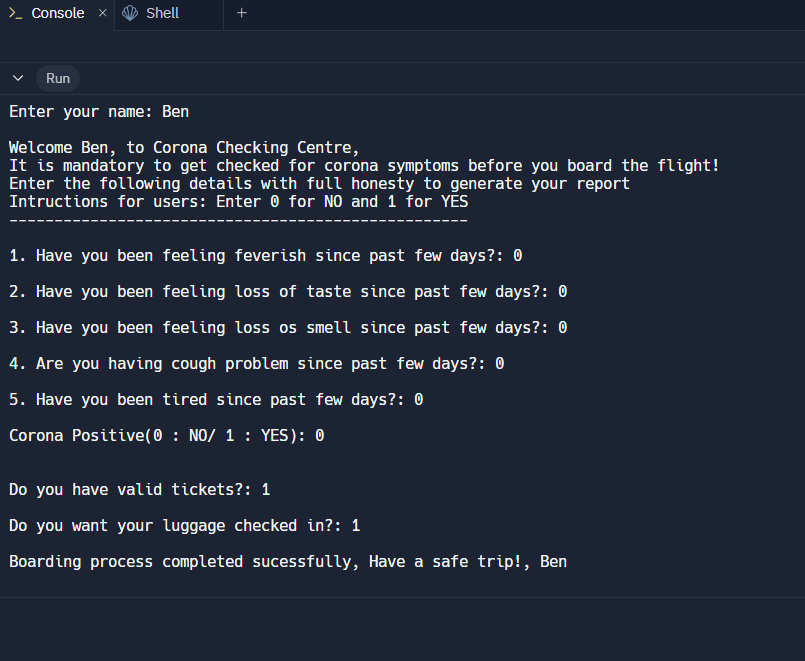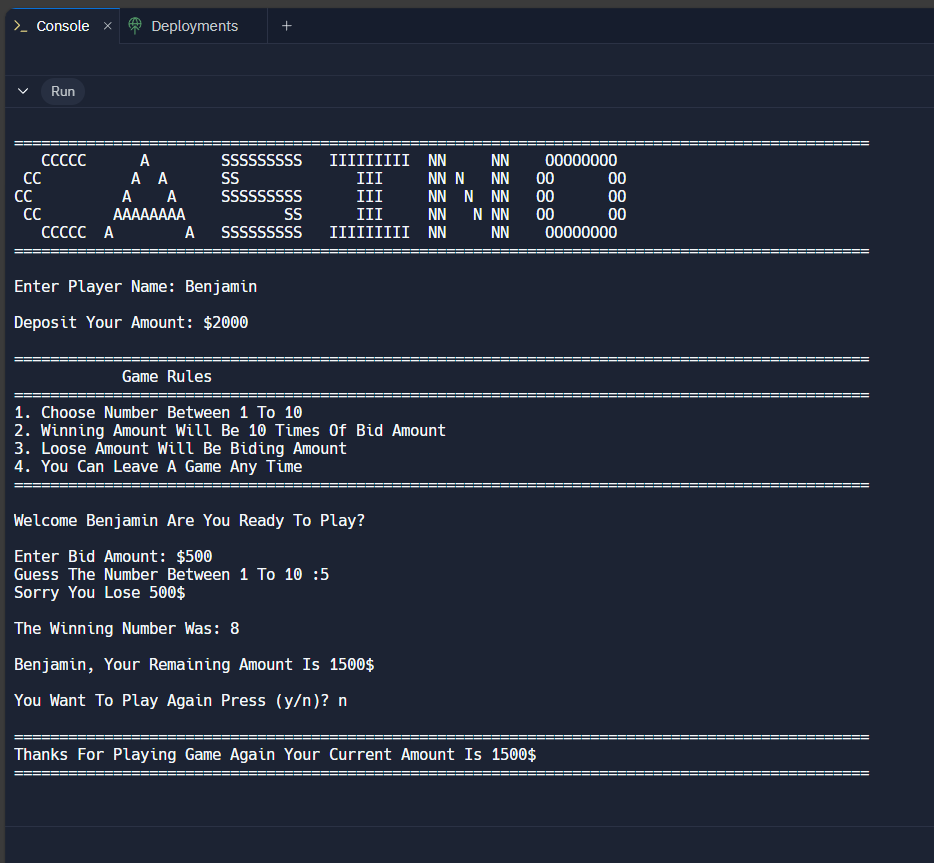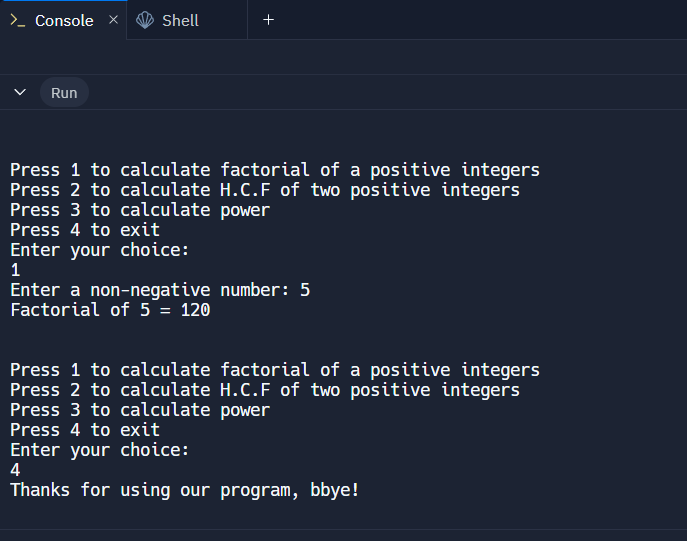Benefits of Learning C++ Programming
1. High Performance and Efficiency
- Low-Level Manipulation: C++ provides low-level memory manipulation capabilities, which can lead to high-performance applications and efficient use of system resources.
- Speed: C++ is known for its fast execution times, making it suitable for performance-critical applications like game development and real-time systems.
2. Object-Oriented Programming (OOP)
- Encapsulation: C++ supports encapsulation, which helps in hiding the internal state and requiring all interactions to be performed through an object's methods.
- Inheritance and Polymorphism: C++ allows the creation of hierarchical class structures and enables polymorphism, which facilitates code reusability and flexibility.
3. Rich Standard Library
- Standard Template Library (STL): C++ includes the Standard Template Library, which provides a collection of template classes and functions such as vectors, stacks, queues, and algorithms, aiding in efficient coding.
- Predefined Libraries: The rich set of libraries and functions provided by C++ simplifies many programming tasks and reduces the need to write code from scratch.
4. Portability and Cross-Platform Development
- Cross-Platform Compatibility: C++ code can be compiled and executed on various platforms, including Windows, macOS, and Linux, with minimal changes required.
- Compatibility with Other Languages: C++ can be integrated with other programming languages, allowing it to be used in a wide range of applications and systems.
5. Extensive Use in Industry
- Game Development: C++ is widely used in game development due to its performance and control over hardware resources.
- System and Application Software: Many system-level applications, including operating systems and embedded systems, are developed using C++ due to its efficiency and low-level access.
6. Strong Community and Support
- Active Community: C++ has a large and active community that provides a wealth of resources, libraries, frameworks, and support for developers.
- Extensive Documentation: The language is well-documented, and there are numerous tutorials, books, and forums available for learning and problem-solving.
7. Legacy Code and Maintenance
- Maintenance of Existing Systems: Many legacy systems and applications are written in C++, and having knowledge of C++ is crucial for maintaining and updating these systems.
- Interoperability: C++ can be used to interact with code written in other languages, making it valuable for integrating with existing systems and frameworks.
Contact Me
shoucair@gmail.com
Norway, Europe
+47 91299368





